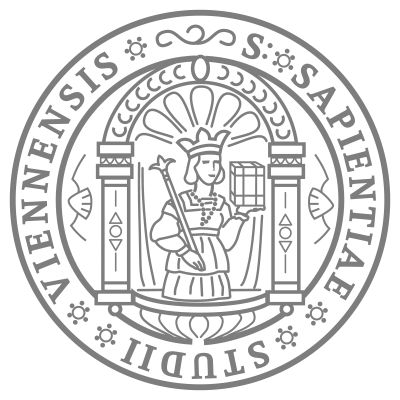1alpha,25-dihydroxyvitamin D(3) and two synthetic analogs, 1alpha, 25-dihydroxy-16-ene-23-yne-vitamin D(3) (Ro 23-7553) and 1alpha, 25-dihydroxy-16-ene-24-oxo-vitamin D(3) (JK-1624-3), were tested for their ability to specifically inhibit growth and promote differentiation of human colon cancer cells in comparison with a series of 1beta-(hydroxymethyl) congeners of the natural hormone, such as 1beta-(hydroxymethyl)-3alpha,25(OH)(2)-16-ene,24-oxo-vitamin D(3) (JK-1624-2), 1beta-(hydroxymethyl)-3alpha, 25-dihydroxy-16-ene-26,27-dihomo vitamin D(3) (JK-1626-2), and 1beta-(hydroxymethyl)-3alpha,25-dihydroxy-22,24-diene-26,27- dihomo vitamin D(3) (MCW-EE). Western blot analysis revealed that reduction of cyclin D1 levels is a key mechanism by which the vitamin D compounds under investigation inhibit Caco-2 tumor cell growth. Both the 1alpha-hydroxy- as well as the 1beta-hydroxymethyl-type vitamin D compounds, which exhibit only low affinity for the vitamin D receptor, significantly reduced [(3)H]thymidine DNA labeling in confluent Caco-2 cell cultures. This suggests that high-affinity binding to the vitamin D receptor is not an absolute prerequisite for genomic action on tumor cell growth. Hybrid analogs JK-1624-2 and MCW-EE, although antimitotically active, were rather ineffective in promoting phenotypic differentiation of human colon cancer cells. However, because both compounds also do not promote osteoclast differentiation from hematopoetic bone marrow cells, they still could be used as antimitotic agents in cancer therapy, even at dose levels that, with other analogs, could cause hypercalcemia.






